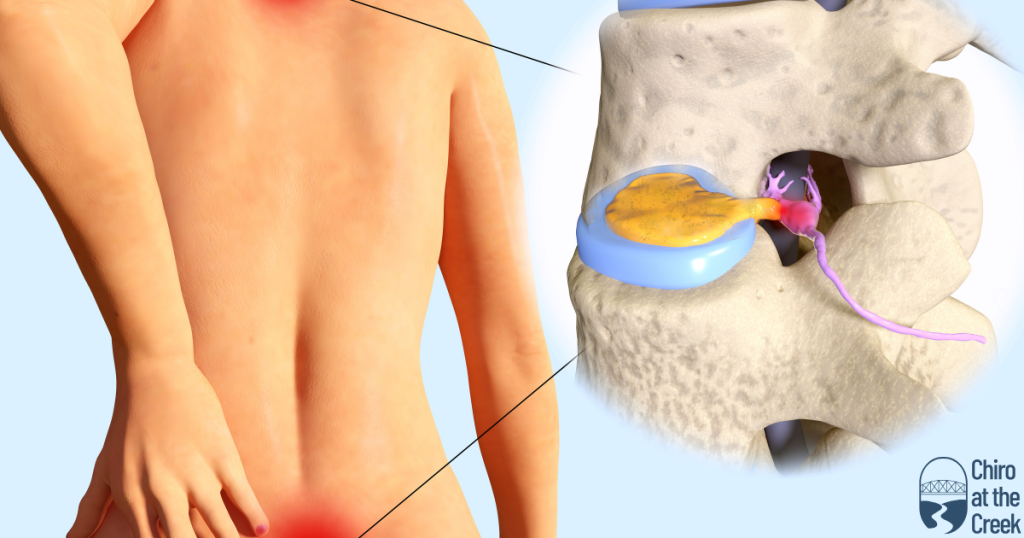Knee pain is a common issue that affects individuals of all ages and can significantly impact daily activities and quality of life. While traditional medical approaches often involve medication or surgery, there is a growing body of research supporting the effectiveness of chiropractic care in managing and alleviating knee pain. This article will explore the evidence-based benefits of chiropractic care for knee pain, supported by research findings.
Understanding Knee Pain and Chiropractic Care
Knee pain can arise from various causes, including injuries, overuse, arthritis, or structural misalignments. Chiropractic care focuses on the musculoskeletal system, especially the spine, to improve overall body function and alleviate pain. By applying gentle adjustments to the spine and other joints, chiropractors aim to restore proper alignment and function, which can positively impact knee pain.
Research Supporting Chiropractic Intervention for Knee Pain
Several studies have investigated the effectiveness of chiropractic care in managing knee pain. A 2019 study published in the Journal of Chiropractic Medicine found that patients with knee osteoarthritis who received chiropractic care experienced significant improvements in pain, function, and quality of life compared to those in a control group. The researchers concluded that chiropractic interventions, such as spinal manipulation and mobilization, can be valuable in addressing knee osteoarthritis symptoms.
Another study published in the Journal of Manipulative and Physiological Therapeutics in 2018 examined the effects of chiropractic adjustments on individuals with patellofemoral pain syndrome (PFPS), a common knee condition. The results showed that participants who underwent chiropractic care experienced reduced pain levels and improved knee function, highlighting the potential of chiropractic interventions in managing PFPS.
Mechanisms of Action and Benefits of Chiropractic Care
Chiropractic care for knee pain operates on the principle of addressing underlying musculoskeletal imbalances that may contribute to pain and dysfunction. Through manual adjustments, chiropractors seek to realign the spine and joints, reduce inflammation, improve mobility, and optimize nervous system function. These interventions can help improve overall biomechanics, reduce stress on the knees, and enhance healing and recovery processes.
Apart from addressing immediate pain relief, chiropractic care aims to address the root cause of knee pain, promoting long-term wellness and preventing future issues. By enhancing joint mobility, muscle strength, and posture, chiropractic adjustments can improve overall body mechanics and reduce the risk of recurrent knee injuries or degeneration.
Conclusion
In conclusion, the research supporting chiropractic care as a beneficial intervention for knee pain continues to grow, highlighting its potential in effectively managing various knee conditions. From knee osteoarthritis to patellofemoral pain syndrome, chiropractic adjustments have shown promising results in reducing pain levels, improving function, and enhancing quality of life for individuals experiencing knee pain. By addressing musculoskeletal imbalances and optimizing joint mechanics, chiropractors play a valuable role in promoting recovery and overall well-being for individuals seeking non-invasive, evidence-based solutions for knee pain. Consider consulting with a qualified chiropractor to explore the benefits of chiropractic care for your knee health and experience the potential improvements in pain management and mobility.













